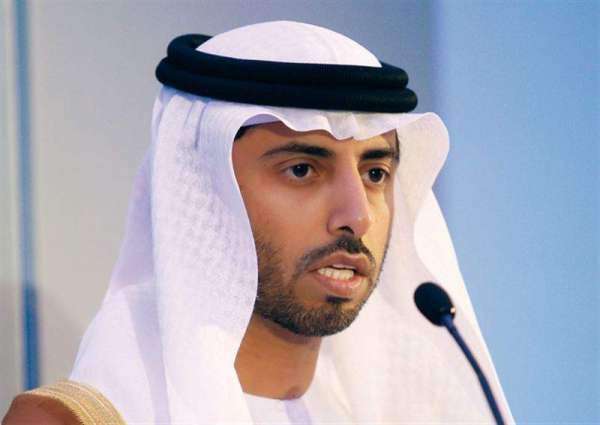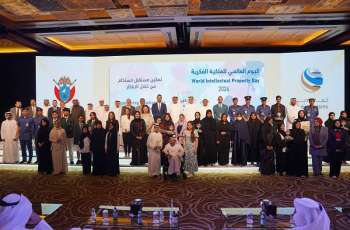The United Arab Emirates (UAE) will not be able reach targets on mitigating carbon emissions by 2021 under the Paris Climate Agreement due to the delays in construction of the Barakah nuclear power plant (NPP), local media reported on Wednesday, citing UAE Energy Minister Suhail Mohamed Faraj Al Mazrouei
DUBAI (Pakistan Point News / Sputnik - 20th February, 2019) The United Arab Emirates (UAE) will not be able reach targets on mitigating carbon emissions by 2021 under the Paris Climate Agreement due to the delays in construction of the Barakah nuclear power plant (NPP), local media reported on Wednesday, citing UAE Energy Minister Suhail Mohamed Faraj Al Mazrouei.Abu Dhabi ratified the Paris Climate deal in 2016 and has pledged to increase the level of clean energy to 24 percent by 2021, and then even went on to increase the target to 27 percent, according to the National media outlet.
However, in his address to the UAE Federal National Council, the energy minister said that the country would be unable to achieve the target as the launch of the Barakah (NPP) had been pushed from 2017 to 2021, the media outlet reported.
The minister has come under fire at the session, with Afraa Al Basti, the director general of the Dubai Foundation for Women and Children, wandering "why did we assign 25 percent of the energy to come from Barakah and not from solar power?"
Al Mazrouei responded that the solar energy had not been considered a viable source back then as it was "intermittent and available for only eight hours a day," according to the media outlet.
At the same time, the UAE will continue to work on reducing the consumption of water, the minister added, saying that "we already implement [the program] for water consumption in the houses of Emiratis and we expect consumption to drop to 20 percent as a result."
The Paris climate deal, created within the UN Framework Convention on Climate Change, went into force on November 4, 2016. It has been ratified by 185 of the 197 parties to the accord. The deal aims at keeping the increase in average global temperature at below 2 degrees Celsius (3.6 degrees Fahrenheit) above pre-industrial levels by means of reducing greenhouse gas emissions.




